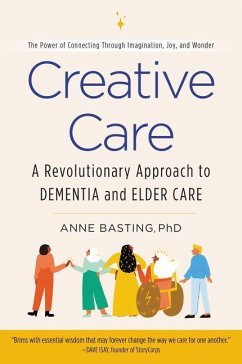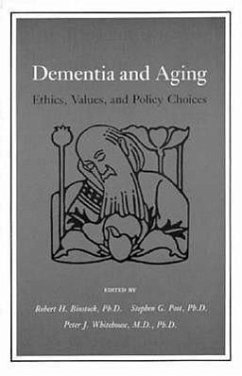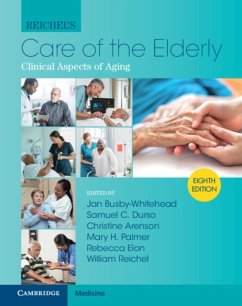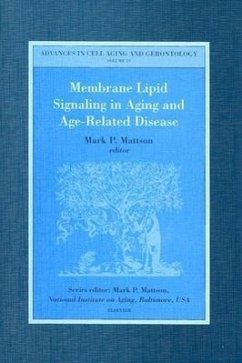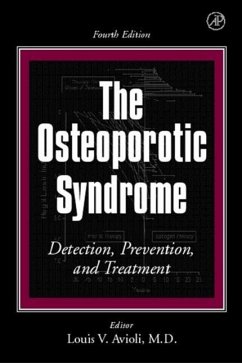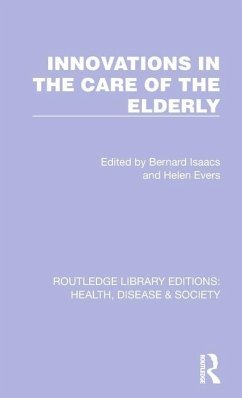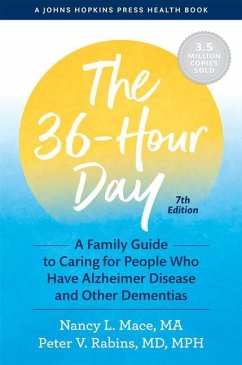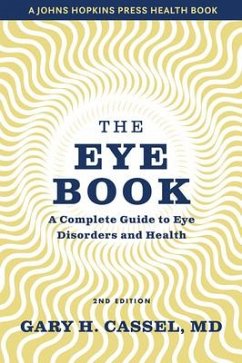
Retraining for the Elderly Disabled
Versandkostenfrei!
Versandfertig in 6-10 Tagen
133,99 €
inkl. MwSt.
Weitere Ausgaben:

PAYBACK Punkte
67 °P sammeln!
Many elderly patients have long-term physical disability and in order for them to maintain a certain level of independence either in hospital or in the community, great attention must be paid to devising programmes to overcome problems and enhance residual abilities.Originally published in 1985, the programme described in this book had developed over the previous 25 years at the Royal Newcastle Hospital in Australia. It grew in response to the practical needs of patients who, having been treated by conventional means, were left with residual disabilities to a degree that their successful retur...
Many elderly patients have long-term physical disability and in order for them to maintain a certain level of independence either in hospital or in the community, great attention must be paid to devising programmes to overcome problems and enhance residual abilities.
Originally published in 1985, the programme described in this book had developed over the previous 25 years at the Royal Newcastle Hospital in Australia. It grew in response to the practical needs of patients who, having been treated by conventional means, were left with residual disabilities to a degree that their successful return to the community was jeopardised. The retraining programme described is a problem-solving process, coordinated under one director, combined with close teamwork between staff, the patient and relatives. Throughout, attention is paid to social and psychological factors as well as physical problems, when discussing physical retraining methods involving the repetition of routine movements.
Originally published in 1985, the programme described in this book had developed over the previous 25 years at the Royal Newcastle Hospital in Australia. It grew in response to the practical needs of patients who, having been treated by conventional means, were left with residual disabilities to a degree that their successful return to the community was jeopardised. The retraining programme described is a problem-solving process, coordinated under one director, combined with close teamwork between staff, the patient and relatives. Throughout, attention is paid to social and psychological factors as well as physical problems, when discussing physical retraining methods involving the repetition of routine movements.





